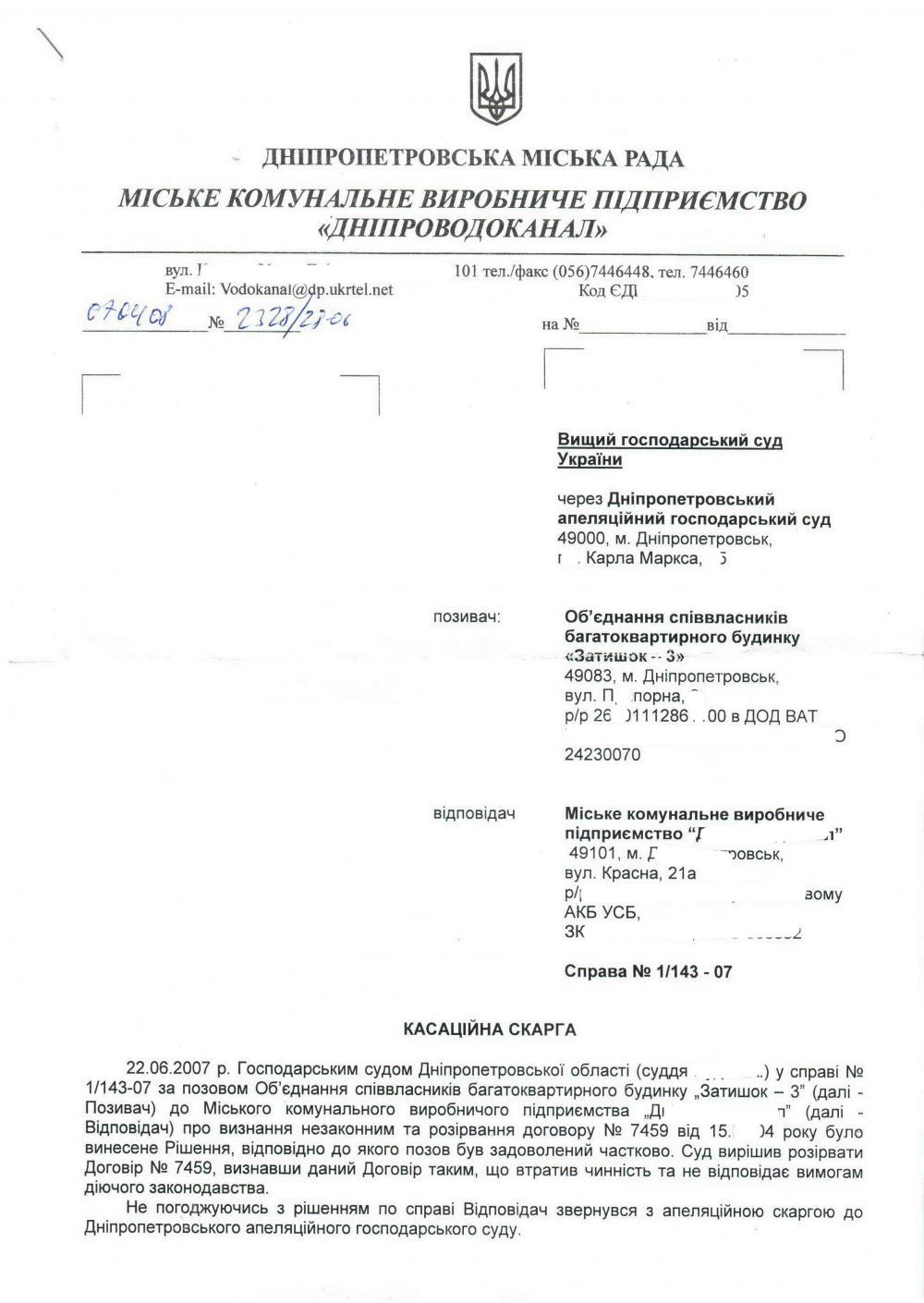Statement of claim for recovery of accounts receivable
In business activities, situations may arise when a company has debtors (other companies, individuals) who are obliged to pay the company a certain sum of money. The Tax Code classifies this phenomenon as accounts receivable. In other words, such debt is an asset of the company that has been withdrawn from its turnover.
Accounts receivable, of course, negatively affects the company’s financial well-being. It is especially difficult when it is impossible to collect the debt from other persons. However, even in such a situation there is a way out — to write off such hopeless debt on the company’s financial results. But this procedure must, of course, be carried out not arbitrarily, but in accordance with the requirements of the law.
The procedure for writing off accounts receivable is set out in the Tax Code. According to paragraph 14.1 of Article 14 of this Code, the following are recognized as bad debts:
- if the statute of limitations has expired. As a general rule it is three years;
- insufficient funds of the debtor;
- the debtor is declared bankrupt or is in the process of liquidation. For this it will be necessary to obtain an extract from the Unified State Register of Legal Entities (EGRUL), which will indicate that the enterprise is closed. If the debtor company is not closed, one must contact the tax authority to clarify whether the borrower is an active enterprise or not;
- the debt amount is not fully recovered even after the creditor has seized the debtor’s pledged property;
- the occurrence of force majeure circumstances, death or disappearance of the debtor, etc.
Only under such conditions can accounts receivable be written off. In addition, all these provisions have their nuances that only an experienced lawyer or attorney can resolve.
- Preparation of a statement of claim, appeal, or cassation
- Participation of an attorney/lawyer in a court hearing
- Submission of documents to the court
- Oral consultation on an issue requiring court action


